10-Day Water Fasting For Weight Loss: Benefits & Side Effects
Lose water weight, burn stored fat, and flush out toxins with this ten-day long fast.

Image: Midjourney/ StyleCraze Design Team
Many people fast for religious reasons. But did you know that water fasting for weight loss works great? Going on a water fast for a day or two in a week can boost your metabolism, reduce calorie intake, and help you lose up to 14 pounds in just 30 days. However, this is a short-term weight loss plan. You must consume a balanced diet and exercise regularly as well.
Water fasting has been practiced since ancient times when humans did not know to grow their own food or hunt. Anecdotal evidence suggests that humans survived with intermittent fasting, which meant going long periods without eating. By drinking just water, humans could survive for days. But today, obesity has become a global issue. We overstuff ourselves with foods that have zero nutritional value and empty calories. However, you can change that by modifying your lifestyle and taking small steps. Start the 1- or 2-day water fasting per week to lose weight and improve your overall health.
Continue reading to know more about it.
In This Article
Water Fasting To Lose Weight
- What Is Water Fasting?
- How Does Water Fasting Help In Weight Loss?
- 10 Days Water Fasting Plan For Weight Loss (With Diet Charts)
- Pre-Fasting Phase (Day 1 And Day 2)
- Water Fasting Phase (Day 3- Day 7)
- Post-Fasting Phase (Day 8- Day 10)
1. What Is Water Fasting?
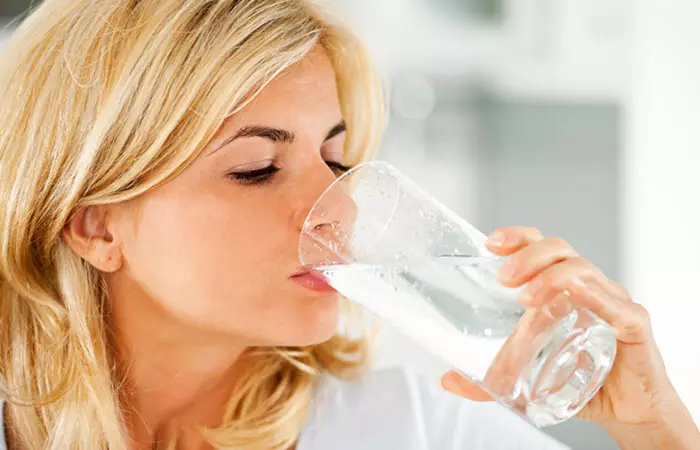
Water fasting involves drinking 1-2 liters of water per day for five days. Doing this will give your body a chance to rejuvenate itself and flush out toxins that have been building up in the body for a long time. Fasting can enhance brain health by improving cognition, slowing age-related decline, and protecting the brain from damage by promoting cellular repair and reducing inflammation (1). Therefore, water fasting might also help your brain to be more alert and become super focused on what you do. You may feel tired and need to sleep more. But overall, it will show good results, provided you do it properly, with the help of your physician or dietitian. Also, it is important to understand that not all bodies have the same stress coping ability. Therefore, it is up to you whether you want to undertake water fast when you are on a sabbatical or while you are working or going to school.
A pre-fast and post-fast phase is necessary. Slowly reduce food intake before the actual water fast and then again gradually re-introduce food after the water fast is completed. Sudden water fasting or breaking the fast suddenly will harm your body and can even kill you.
2. How Does Water Fasting Help In Weight Loss?
For the first two days of your water fasting phase, all you lose is the water weight. The fat burning starts from the 3rd day of the water fasting phase. When you stop eating, your digestive system stops working. Your body slows down, except the brain and the heart. The stored fat is now broken down to provide energy for all involuntary and voluntary functions of the body (2). Water helps to get rid of the toxins and any waste present in the colon. This further helps you to lose a good chunk of weight. All this coupled with the right amount of daily exercise (depending on the body type and the body’s current activity level) will help you to lose a considerable amount of flab.
A study on water fasting for weight loss, involving 12 middle-aged men, showed that after 8 days, participants experienced reduced stress, noticeable weight loss, and changes in body fat and muscle balance. Researchers found that fasting triggered fat burning through increased ketone production and lowered blood sugar levels. Despite some loss of sodium, calcium, and magnesium, the body partially preserved essential electrolytes and proteins (3). These changes suggest water fasting may help promote weight loss by shifting the body into fat-burning mode, though hydration and nutrient balance must be monitored.
3. 10 Days Water Fasting Plan For Weight Loss (With Diet Charts)
To make sure that you get the most out of this fast, I have divided the fasting period into 3 phases.
- The first phase, or the pre-fasting phase, lasts for 2 days, allowing your body to consume less and less solid foods and making your body more comfortable with a “liquid only” diet.
- The second phase, or the water fasting phase, is the toughest of all, but by the time you complete this phase, I assure you that you will feel like a new person. Drink neither less nor too much water. Drinking less water can make you dehydrated, and drinking more water can flush out all the salts from your body, which can prove to be fatal. Drink about 1-2 liters of water per day during the water fasting phase.
- The last phase of breaking the fast is crucial. You have to gradually reintroduce the solid foods or any other liquid food (juices or soup) over three days.
Eating fruits and veggies in the first and third phases will provide your body with enough vitamins, minerals, and dietary fiber to survive the water-fasting phase as well as to recuperate from the fast.
Here is a diet chart for all the three phases to help you get an idea about what to eat in the first and third phases and how much water you should drink to lose weight. Take a look at the different phases of water fasting for weight loss.
Pre-Fasting Phase

| Early Morning | Lemon, honey and warm water detox drink |
| Breakfast | 1 bowl of fruits or 1 banana and a probiotic drink |
| Lunch | Vegetable sandwich (no cheese or mayonnaise) or grilled veggies |
| Post-Lunch | 1 glass fruit juice |
| Evening Snack | 1 cup green or black tea (without sugar or artificial sweetener) with two multigrain biscuits |
| Dinner | Vegetable soup or veggie salad |
| Bed Time | 1 glass warm milk |
Why This Works
Day 1 allows you to eat a good amount of fruits and veggies. Fruits and veggies are nutrient-dense foods that will keep you healthy and keep your hunger pangs at bay. This makes them a crucial part of calorie restriction diet plans. Fruits and veggies will also make your skin glow. Probiotics are gut bacteria that help in digestion. The probiotic drink will keep your digestive system healthy.
Useful Tip
- Try not to shop for any meat so that you don’t have to see it in the refrigerator!
- Buy lots of fruits and veggies instead.
- Take a break of 20-30 minutes before consuming probiotics after breakfast.
Key Takeaways
- Drink 1-2 liters of water during water fasting to reduce weight and flush out toxins. The body should be provided with the right hydration, not less or more.
- Water fasting can cause weakness, muscle loss and decreased energy in some individuals.
- It is divided into phases: Pre-fasting, fasting and post-fasting phase, which involves a liquid and solid diet at the end.
- It is crucial to maintain self-control and discipline in eating habits in the pre and post-fasting phases.
- It is recommended to seek medical advice before water fasting to avoid health complications.
Day 2
| Early Morning | Warm water and lemon detox drink. |
| Breakfast | 1 glass fruit juice. |
| Lunch | 1 small bowl vegetable salad. |
| Post-Lunch | 1 apple or an orange. |
| Evening Snack | 1 cup green or black tea (without sugar or artificial sweetener). |
| Dinner | 1 medium bowl of fruits. |
| Bed Time | 1 glass warm water. |
Useful Tip
- Do not eat fruits that have a lot of fructose.
- Avoid fruits like grapes, mango, banana, pineapple, jackfruit, etc. You can have muskmelon, papaya, kiwi, berries, orange, apple, plum, etc.
- Drink at least three liters of water.
Why This Works
On Day 2, you will be allowed to eat fruits and veggies, but in lesser amounts, i.e., you will consume fewer calories. This pre-fasting phase will prepare you for the coming five days of water fasting.
Water Fasting Phase

Day 3- Day 7
This is the most challenging phase. Drink 1-2 liters of water per day. It is better to get your doctor’s opinion on whether or not you should water fast for so many days to lose weight. You may feel weak and tired. Do remember to take rest and sleep well.
Depending on your current body activity, you can either go for short medium paced walks, yoga or even push ups! Each body has a different coping ability. If you have been working out and lead an active life, you would probably be fine with mild workouts until the third day into the water fasting phase. If you do not lead an active life, just go for short, lazy walks.
I would also like to mention that more than three days of water fasting requires medical supervision. Therefore, I advise you to keep your doctor involved in this process.
 Quick Tip
Quick TipPost-Fasting Phase

Day 8
| Early Morning | Warm water and lemon detox drink. |
| Breakfast | 1 glass watermelon juice. |
| Lunch | 1 glass apple juice and 2 almonds. |
| Evening Snack | 1 cup green or black tea (without sugar or artificial sweetener). |
| Dinner | 1 medium bowl of veggie or fruit salad (you can also juice them). |
| Bed Time | 1 glass warm milk. |
Why This Works
On the first day of your breaking the fast, be very careful about the calories you consume. This diet chart allows you to eat mostly liquid foods. The sudden introduction of high calorie foods can lead to a spike in blood glucose levels, which can prove fatal sometimes.
Useful Tip
- No matter what, resist your temptation for just one more day. You can drink musk melon or beetroot juice for breakfast.
- For lunch, you can have just an apple if you don’t want to juice it.
- A glass of milk before bed will help you sleep better and provide your bones with the required nutrition.
Day 9
| Early Morning | Lemon, honey, and warm water detox drink. |
| Breakfast | 1 banana. |
| Lunch | 1 medium bowl of cabbage soup or vegetable salad. |
| Evening Snack | 1 cup green/black tea with 1 multigrain biscuit. |
| Dinner | Sauteed/baked broccoli, spinach, tomato, and spring onions. |
| Bed Time | 1 glass warm milk. |
Why This Works
Gradually, high calorie foods are re-introduced into your diet. You understand your body better, so eat as much as you can digest properly without falling sick.
Useful Tip
- You can have just a glass of orange juice if you don’t want to eat a banana.
- If you choose to eat vegetable salad, eat the veggies raw.
- For dinner, you can blend all the above-mentioned veggies and make soup.
Day 10
| Early Morning | Lemon, honey, and warm water detox drink or any other detox drink. |
| Breakfast | 1 medium bowl of wheat flakes with strawberries or 1 glass of mixed fruit juice. |
| Lunch | 1 grilled veggie sandwich. |
| Post-Lunch | 1 bowl of fruits. |
| Evening Snack | 1 cup green/black tea with 2 multigrain biscuits. |
| Dinner | 1 medium bowl of clear veggie soup. |
| Bed Time | 1 glass warm milk. |
Why This Works
On the last day, eat a little more solid food along with liquid food. Eat fruits and veggies in solid and liquid form to create a balance, signaling your body to expect a normal diet routine from the next day.
Useful Tip
- Do not use corn flour for preparing vegetable soup.
- If you do not get multigrain biscuits, just drink the green tea.
- If your body allows, you can snack on a carrot or cucumber.
 Quick Tip
Quick Tip4. Other Benefits Of Water Fasting

It is tough to believe, but yes, water fasting can improve your overall health. Here is a list of the benefits of water fasting.
- Helps you to lose weight.
- Water fasting has proven to be beneficial for those who have hypertension (4). A study treated 174 patients with hypertension with a program of a short pre-fasting period, 10–11 days of medically supervised water fasting, and a 6-7 day refeeding phase with a low-fat, low-sodium vegan diet. Nearly 90% of participants reduced their blood pressure below 140/90 mm Hg, and those with severe hypertension saw even greater reductions. Patients on antihypertensive medication discontinued their use by the program’s end. The results suggest that water-only fasting, under medical supervision, is a safe and effective way to lower blood pressure and encourage healthier lifestyle changes.
- It will help reboot your body and improve overall wellness (5).
- Drinking more water may help improve skin thickness, density, and hydration, especially in people who don’t drink enough water (6). This can make your skin appear smoother.
- Water fasting triggers autophagy due to stress and the need to find alternative energy sources. The body breaks down and recycles damaged cellular components. This helps improve body functioning and better cellular functioning (7). Anecdotal evidence suggests that water fasting may improve your insulin sensitivity. However, limited data is available to prove this claim.
- Caloric restriction may have positive effects on maintaining or improving the gut barrier in certain conditions (8). So, water-fasting can help improve your digestion.
- Water fasting might eliminate or decrease muscle pain, joint pains, and headaches. Prolonged fasting, combined with other treatments, may help improve quality of life, reduce pain, and enhance mobility in patients with lower extremity osteoarthritis (9).
- Food and drink can cause a lot of harm to your teeth and gums. Water fasting can help you get healthier gums and teeth.
- You can get a healthier cardiovascular system. Water fasting may support heart health by reducing blood pressure and improving lipid levels, such as lowering LDL cholesterol and triglycerides. These factors contribute to better cardiovascular health by decreasing the risk of heart disease (10).
- Your brain becomes more active and your concentration improves (1).
- This fasting can help you improve the condition of many chronic diseases due to its positive effect on blood pressure and weight management.
- This approach may help fight Parkinson’s disease and Alzheimer’s disease (1).
- Water-only fasting can help improve the function of the lower urinary tract (11).
- Improves self-esteem. You lose weight, and your determination to complete this fast gives you the satisfaction of accomplishing a tough job.
However, it is important to note that the effects of such fasting on plasma lipids, such as LDL cholesterol and triglycerides, remain less clear, with varying outcomes reported in different trials. While water fasting may offer a moderately safe and efficient strategy for achieving substantial weight loss over a short period, its ability to sustain long-term improvements in blood pressure and metabolic markers requires further investigation (12).
Kiki Wellington, a blogger, shared her experience of water fasting on her personal blog where she explains, “(I)t was a straight water fast for seven days. The only things I had were tea and water with electrolytes in it. I was amazed at how well it went. I felt great, and over time, my fasts got longer, with 12 days being the longest (i).” She goes on to mention how she began to understand her body’s needs while fasting and adds, “At this point, I’ve become so in tune with what my body wants that I know how not to overdo fasting. I also know when I can do something to mitigate whatever I’m feeling to get back on track.”
5. Side Effects Of Water Fasting For Weight Loss
- Drinking more than 2 liters of water per day can be fatal.
- You may feel weak and tired all the time.
- Working out too much can cause you to faint.
- Your body will lose lean muscle.
- There is a risk that your heart muscles may become weak.
- It can damage other organs if extended beyond 10 days.
- This can be harmful to pregnant women, children, and teens.
These side effects make it pretty clear that children, teens, and individuals who are pregnant, nursing, or have chronic health conditions like diabetes should avoid water fasting. People with a history of eating disorders should also refrain from this practice, as it may trigger unhealthy behaviors or relapse. Are you still considering the 10-day water fast? Scroll down for a word of caution.
6. Caution
Any fad diet can be dangerous, depending on your body type. This is the precise reason why not all medicines act or react the same way on all patients. Depending on your age, medical history, genetics, current activity level, body composition etc., water fasting can prove to be the best way to lose weight or the worst. The point here is to remain healthy and active. Weight loss will do no good if you look tired and worn out all the time. Long-term weight loss can only be achieved by eating good food in small portions and by working out. Water fasting should not be extended beyond 10 days but can be done intermittently. This is because water fasting may cause dehydration and electrolyte imbalance (3), (11). If you experience exhaustion or discomfort, this is your body giving you signs to stop fasting. Do take advice from an expert before taking up this 10-day diet.
If you want to try water fasting, it is always best to take a few precautions. Keep reading to learn more about it.
7. Water-Fasting Tips
- Start slow: If you are new to fasting, begin with shorter fasts and gradually increase the duration.
- Rest: Listen to your body and get enough rest to support the fasting process.
- Avoid strenuous exercise: Keep activity light to prevent exhaustion during fasting.
- Monitor your health: Check your blood pressure and blood sugar levels regularly to maintain your general well-being.
- Break the fast gently: Reintroduce food slowly with light, whole plant-based meals.
- Consult a professional: Speak to a doctor or dietitian before starting a long water fast, especially if you have health conditions.
- Listen to your body: If you find it difficult to manage your daily activities and experience extreme discomfort, stop the fast and consult your doctor.
- Alternative fasting methods: If water fasting feels too intense, consider intermittent fasting or alternate-day fasting.
Wondering how this alternate fasting is compared to water fasting? Let us have a quick look at it.
8. Alternate Fasting Methods
Water fasting is when you drink only water and avoid solid food for a set period. However, this method can be too intense for some. If you are a beginner, you may start with intermittent fasting, which allows your body to get used to staying without food for a certain time. This can be easier for some because it allows eating certain foods during fasting windows, while water fasting requires more discipline. Other weight loss strategies, like calorie restriction, let you eat fewer calories but still consume a variety of foods. Alternate-day fasting is a method where you fast every other day. On fasting days, you either avoid food completely or consume a very small amount of calories. On non-fasting days, you eat normally. Here is how these alternative fasting methods and water fasting compare based on different criteria:
- Flexibility: Intermittent fasting and low-calorie fasting offer more flexibility, while water fasting and alternate-day fasting can be more intense.
- Sustainability: Intermittent fasting and low-calorie fasting are easier to sustain long-term. Water fasting and alternate-day fasting may be harder for some people to stick with.
- Effectiveness: All methods can help with weight loss and improve metabolic health, but the results depend on consistency and individual response.
Thus, it’s clear that each method has its pros and cons, and the best approach depends on individual preferences, goals, and health conditions.
Infographic: The Benefits And Side Effects Of Doing A 10-Day Water Fasting
Water fasting can help shed those extra pounds and reduce your calorie intake. Since it is a short-term weight loss plan, the key is to balance it with exercise and good food. We have compiled a list of the top benefits and side effects of doing the 10-day water fasting plan. Check out the infographic below to know more! Illustration: StyleCraze Design Team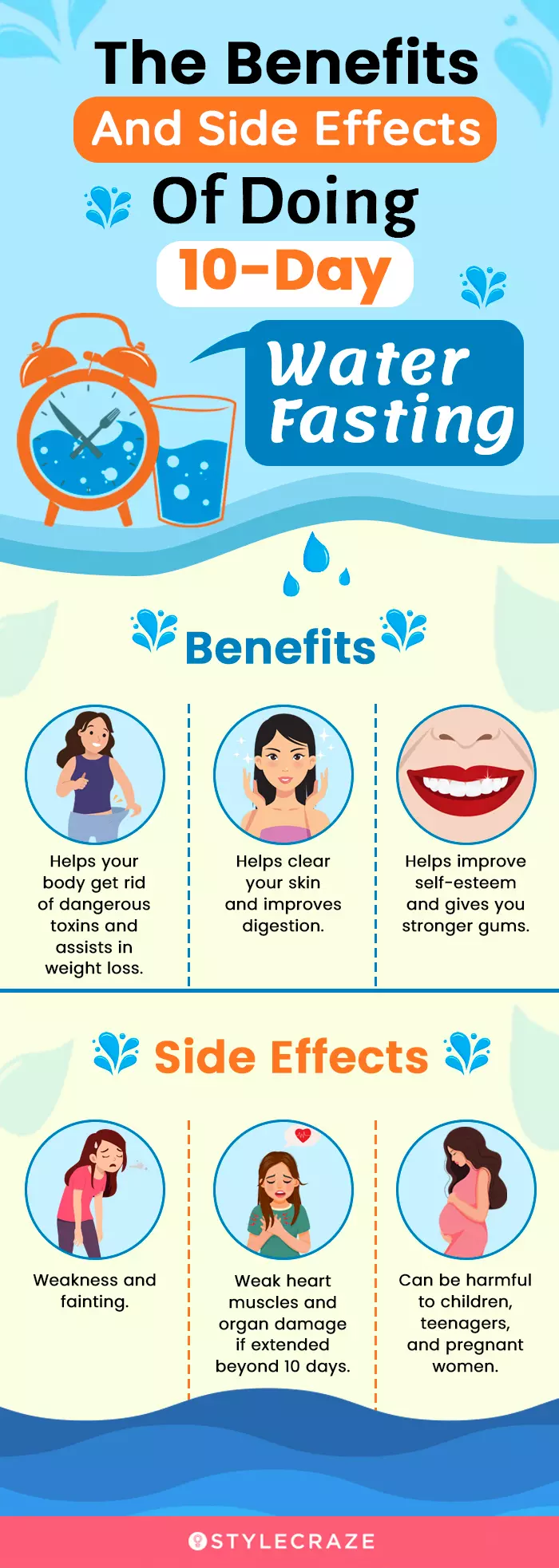
Water fasting for weight loss is an ideal short-term strategy to burn fat and use it as energy. A 10-day water fasting plan should ideally begin with limiting the intake of solid foods during the first two days. From day 3 to day 7, drink 1-2 liters and completely avoid solid foods. This way, you can boost your body’s metabolism, burn fat, and eliminate toxins. Gradually introduce solid foods into your diet over the next three days to finish the 10-day cycle. Consult a doctor before water fasting for more than three days. Your doctor can advise you on how to do it safely. That said, it is better to avoid these fad diets. Go for a long-term weight-loss strategy with a proper diet and regular exercise instead.
Frequently Asked Questions
Can you shower while water fasting?
Jesse Feder, Clinical Dietitian at the Memorial Regional Hospital South, says, “Yes, you may shower while water fasting. The shower will not affect your fasting at all.”
What happens after 72 hours of water fasting?
According to Jesse, “After fasting for 72 hours, your body will enter ketosis, you will have low blood glucose levels, you will have lost body weight, and you may experience irregular heartbeat.”
Do you poop more when fasting?
Jesse says, “You do not poop more when fasting. This is mostly due to the fact that you are not consuming fiber as well as enough nutrients to really develop normal bowel movements. People will typically experience a change in their bowel regimen during fasting.”
Can I drink coffee while water fasting?
Possibly. A water fast is primarily geared towards detoxification, and you might want to skip having coffee. However, if you want to, opt for a black coffee.
Should I take vitamins while water fasting?
Yes. Vitamin supplements may help prevent any deficiencies that may occur due to the fast. Choose liquid formulations if possible.
Can I exercise while water fasting?
No, it is not recommended to exercise while water fasting, as you are consuming very few nutrients during it. Exercising takes up a lot of energy and doing it during this time may put unnecessary stress on your body and increase the risk of dehydration.
What should I do if I feel unwell during water fasting?
If you feel unwell during water fasting, it is important to listen to your body and break your fast. When you do so, begin with easily digestible foods like soups and broths and slowly progress to solid foods. This will prevent digestive distress.
Illustration: 10-Day Water Fasting For Weight Loss: Benefits & Side Effects
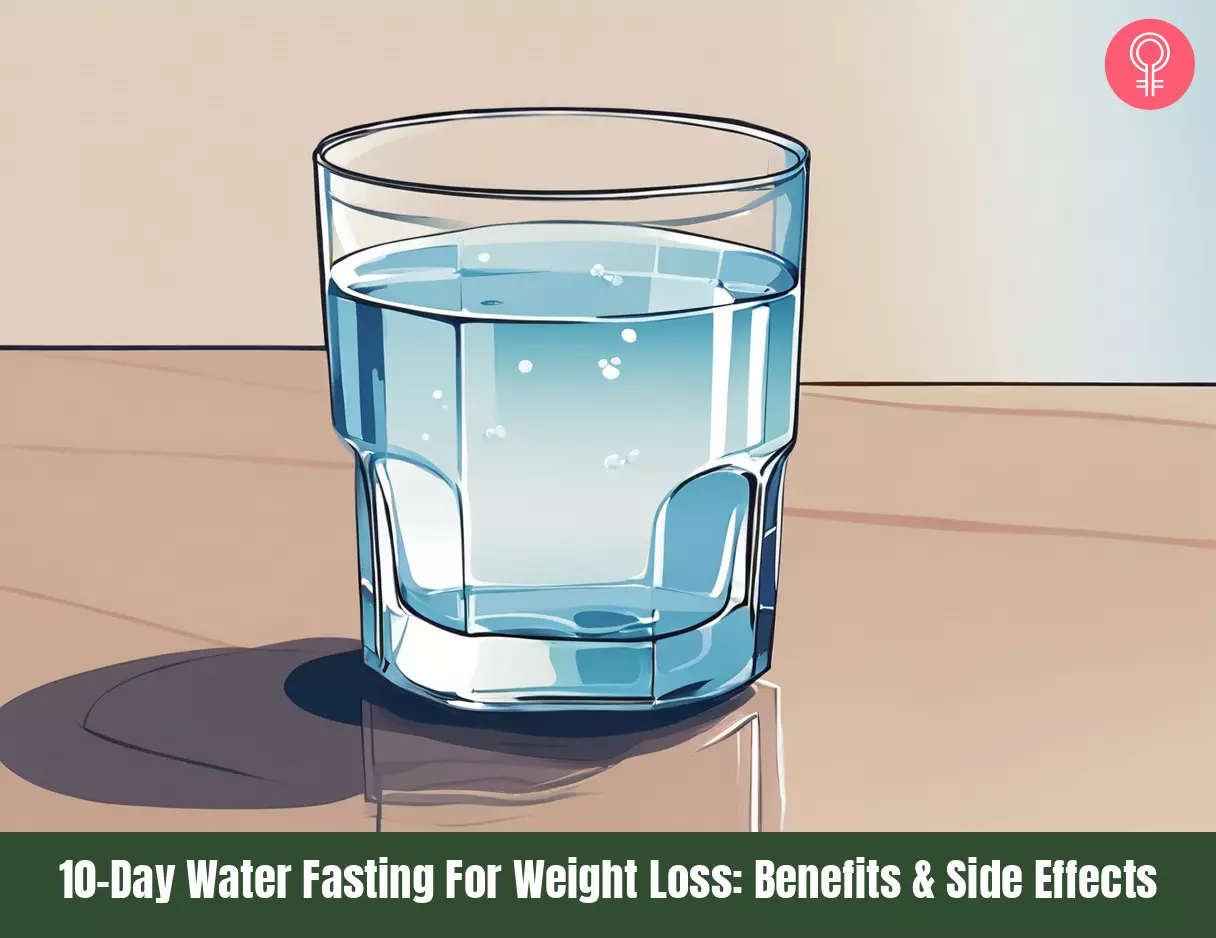
Image: Stable Diffusion/StyleCraze Design Team
Discover the power of water fasting and how it can help you achieve the fastest fat loss. Watch the video to learn the complete guide to this amazing method.
Personal Experience: Source
StyleCraze's articles are interwoven with authentic personal narratives that provide depth and resonance to our content. Below are the sources of the personal accounts referenced in this article.
i. I Water Fasted for 28 Days and Here’s What Happenedhttps://medium.com/in-fitness-and-in-health/i-water-fasted-for-28-days-and-heres-what-happened-50c8edf92e41
References
Articles on StyleCraze are backed by verified information from peer-reviewed and academic research papers, reputed organizations, research institutions, and medical associations to ensure accuracy and relevance. Read our editorial policy to learn more.
- Fasting as a Therapy in Neurological Disease
https://pmc.ncbi.nlm.nih.gov/articles/PMC6836141/ - The Effect of Fasting on Human Metabolism and Psychological Health
https://pmc.ncbi.nlm.nih.gov/articles/PMC8754590/ - Is Water-Only Fasting Safe?
https://pubmed.ncbi.nlm.nih.gov/34414015/ - Medically supervised water-only fasting in the treatment of hypertension
https://pubmed.ncbi.nlm.nih.gov/11416824/ - Alan Goldhamer dc: Water Fasting—The Clinical Effectiveness of Rebooting Your Body
https://www.ncbi.nlm.nih.gov/pmc/articles/PMC4684131/ - Water Hydration and Health
https://pmc.ncbi.nlm.nih.gov/articles/PMC2908954/ - Autophagy and intermittent fasting: the connection for cancer therapy?
https://www.ncbi.nlm.nih.gov/pmc/articles/PMC6257056/ - Remodelling of the intestinal ecosystem during caloric restriction and fasting
https://www.cell.com/trends/microbiology/fulltext/S0966-842X(23)00057-4 - Effects of Prolonged Fasting during Inpatient Multimodal Treatment on Pain and Functional Parameters in Knee and Hip Osteoarthritis: A Prospective Exploratory Observational Study
https://pmc.ncbi.nlm.nih.gov/articles/PMC10301411/ - The Effects of Prolonged Water-Only Fasting and Refeeding on Markers of Cardiometabolic Risk
https://pmc.ncbi.nlm.nih.gov/articles/PMC8951503/ - Eight Days of Water-Only Fasting Promotes Favorable Changes in the Functioning of the Urogenital System of Middle-Aged Healthy Men
https://www.ncbi.nlm.nih.gov/pmc/articles/PMC7824351/ - Efficacy and safety of prolonged water fasting: a narrative review of human trials
https://academic.oup.com/nutritionreviews/advance-article-abstract/doi/10.1093/nutrit/nuad081/7209209?redirectedFrom=fulltext
Read full bio of Alexandra Dusenberry
- Jesse Feder, RDN/LDN, is a Clinical Dietitian at the Memorial Regional Hospital. He is also a certified by the American College of Sports Medicine as a personal trainer (ACSM-CPT) and the National Strength and Conditioning Association as a Certified Strength and Conditioning Specialist (NSCA-CSCS).
 Jesse Feder, RDN/LDN, is a Clinical Dietitian at the Memorial Regional Hospital. He is also a certified by the American College of Sports Medicine as a personal trainer (ACSM-CPT) and the National Strength and Conditioning Association as a Certified Strength and Conditioning Specialist (NSCA-CSCS).
Jesse Feder, RDN/LDN, is a Clinical Dietitian at the Memorial Regional Hospital. He is also a certified by the American College of Sports Medicine as a personal trainer (ACSM-CPT) and the National Strength and Conditioning Association as a Certified Strength and Conditioning Specialist (NSCA-CSCS).
Read full bio of Ravi Teja Tadimalla
Read full bio of Payal Karnik










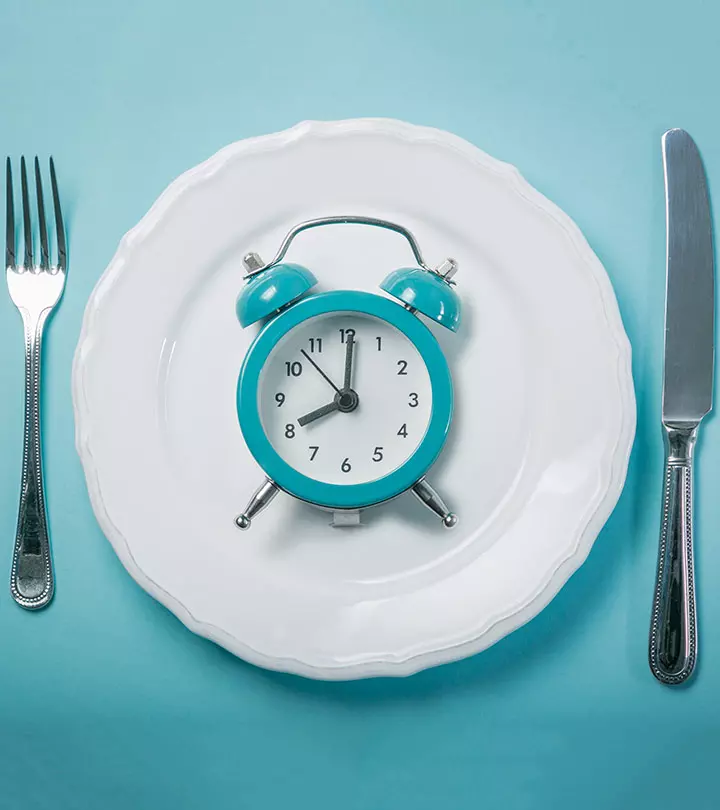
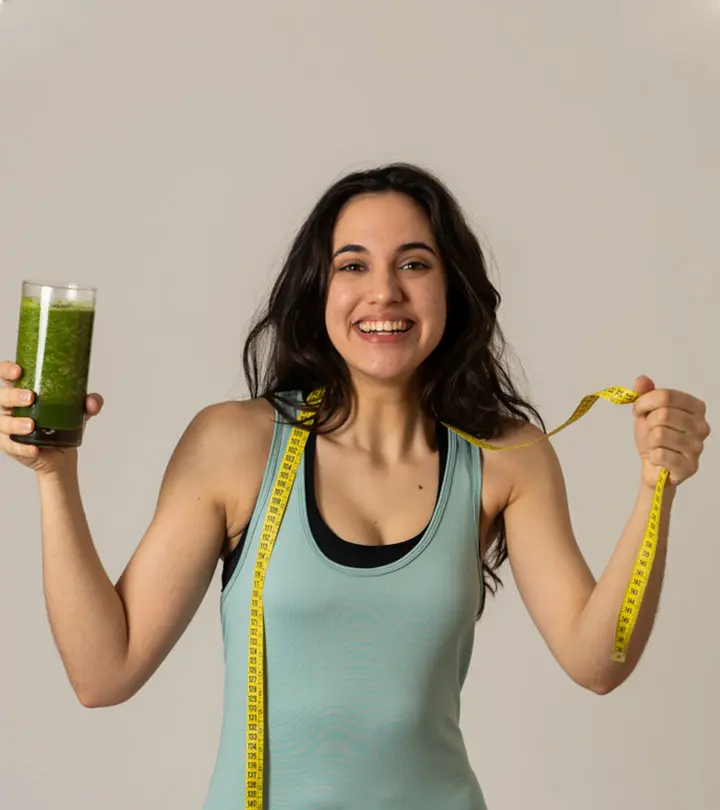
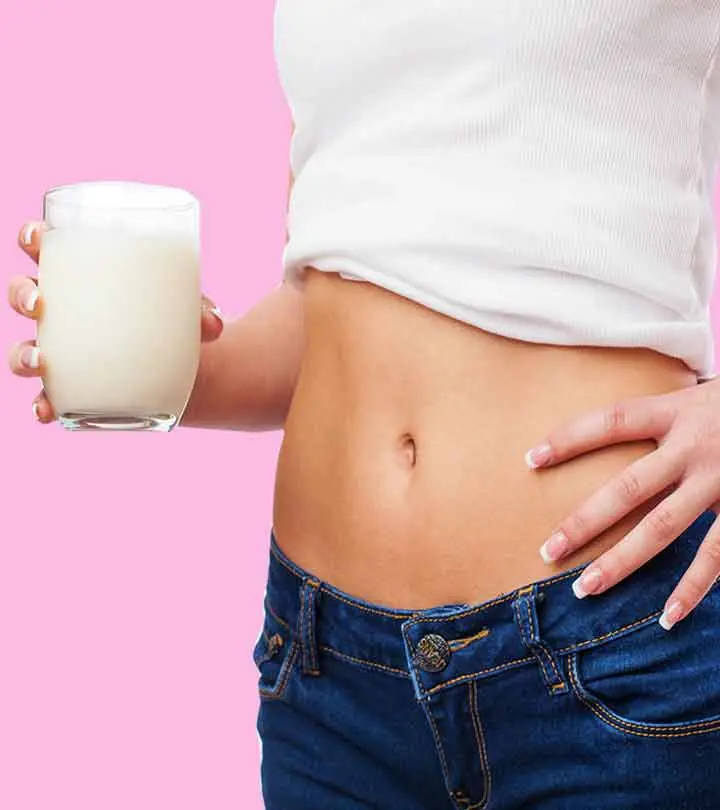

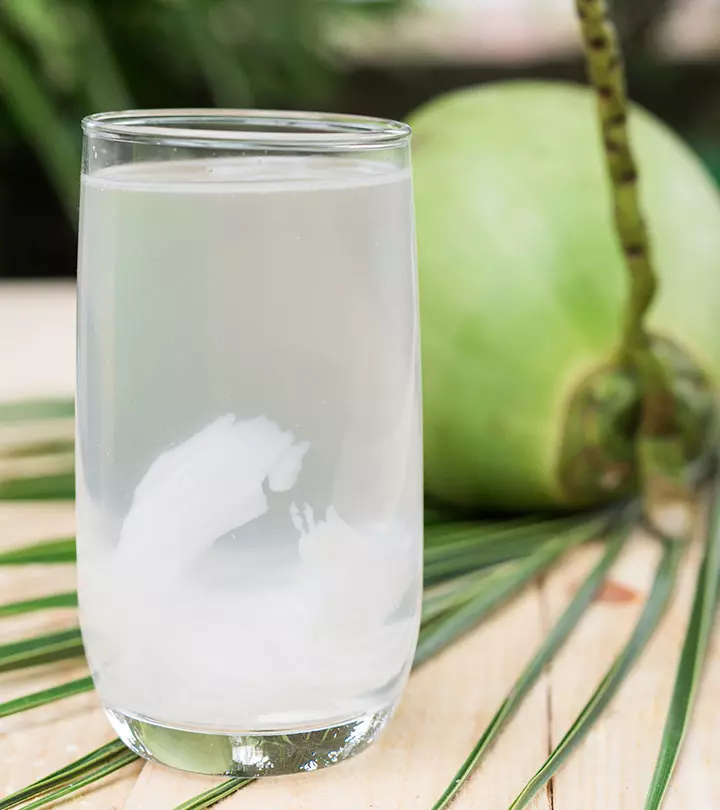
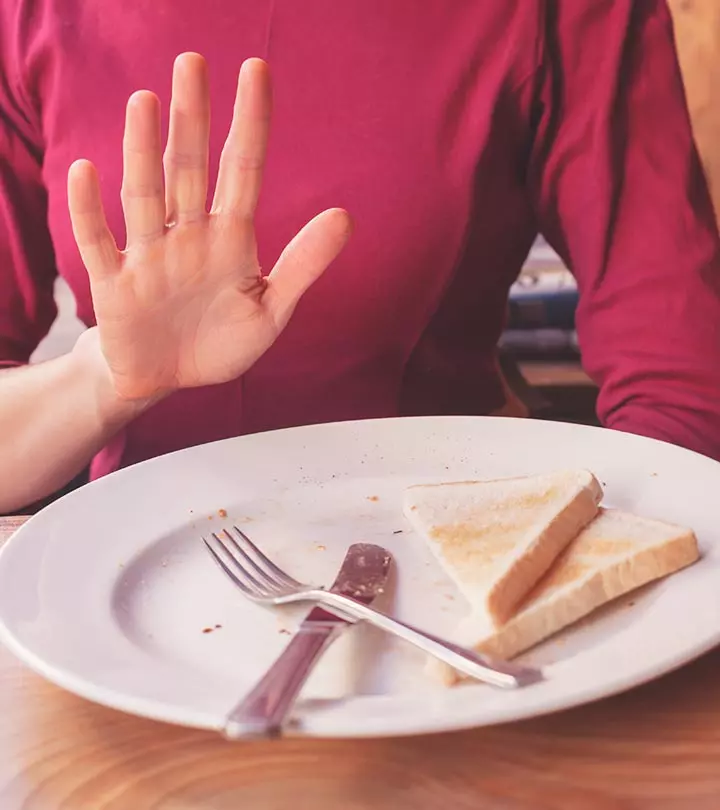
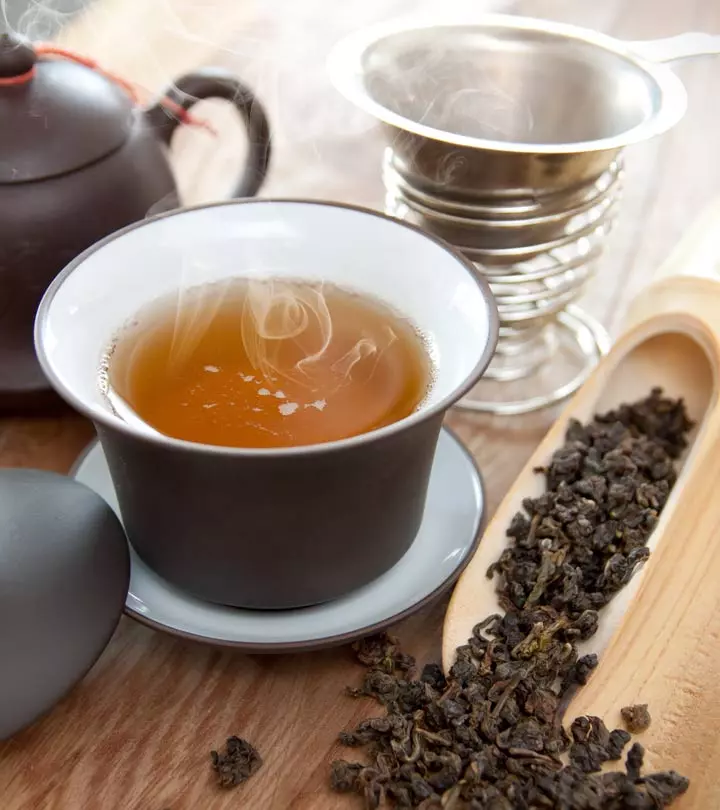
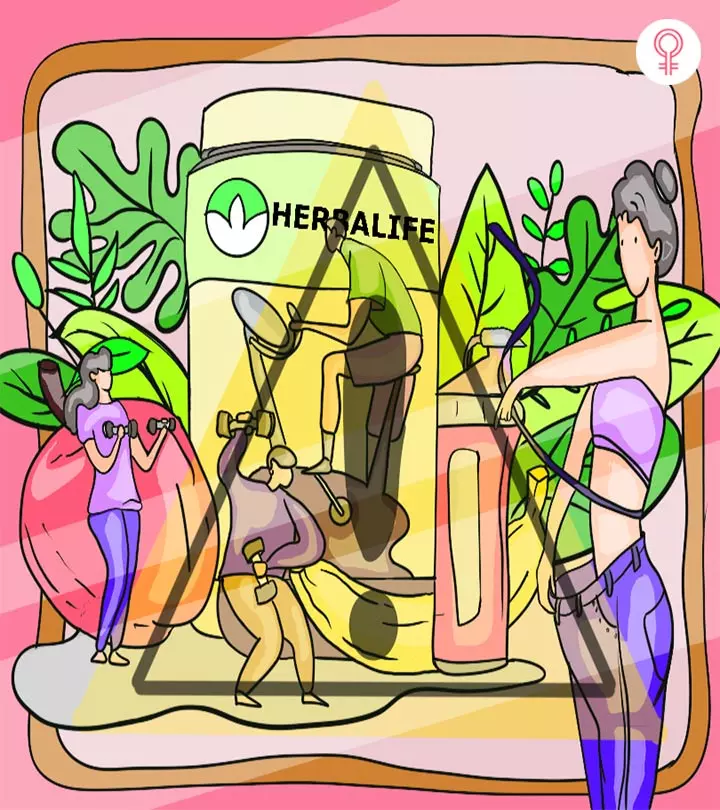
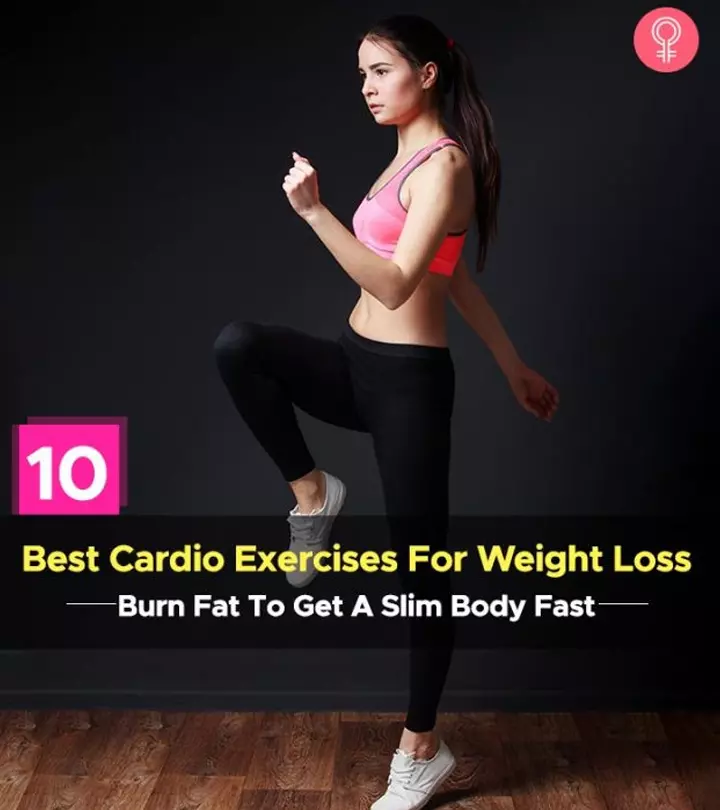

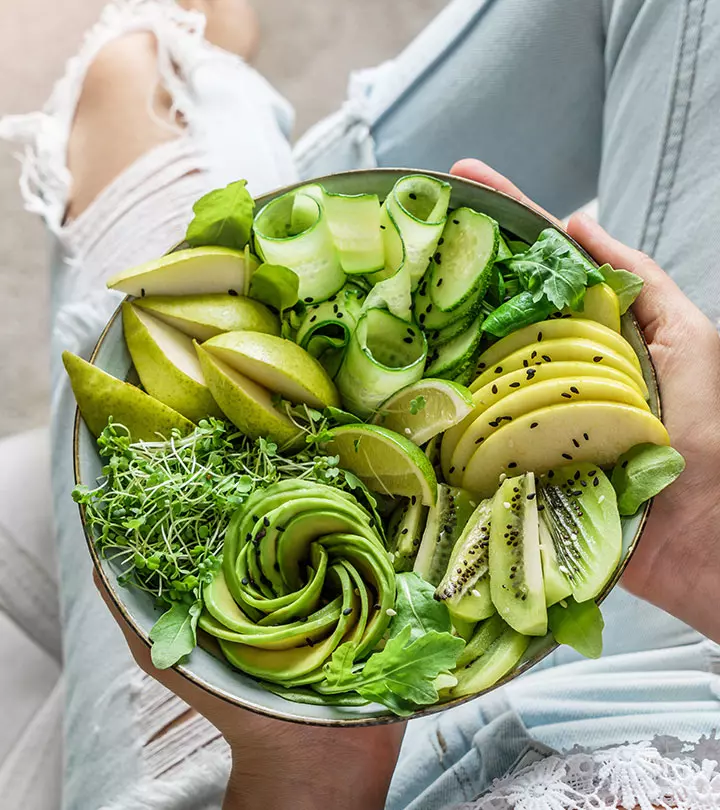
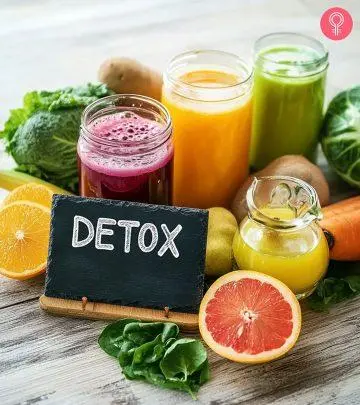


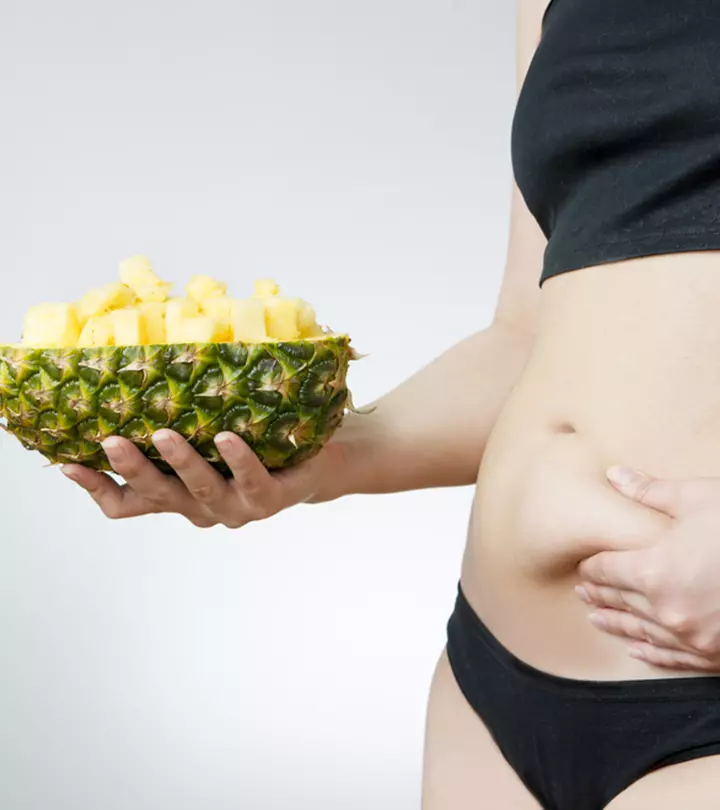


Community Experiences
Join the conversation and become a part of our empowering community! Share your stories, experiences, and insights to connect with other beauty, lifestyle, and health enthusiasts.